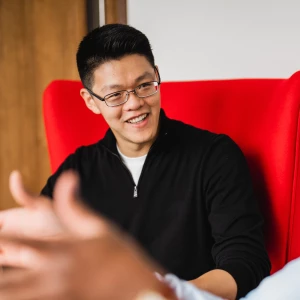I have an upcoming group interview at BCG where multiple candidates will present their analysis on a business case individually, with follow-up questions from the interviewer and other candidates having a chance to ask questions after each presentation. Is this format common, and how can I stand out and succeed in this type of interview? Also, what are the typical case question examples for this type of interview, considering each candidate only gets limited time to analyze and presents only once?
Thanks in advance!














